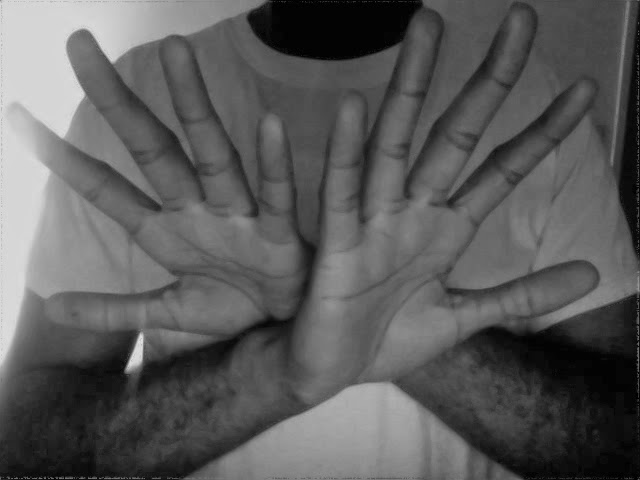I could take that title and go anywhere with it, sort of like the Tree of Life movie. But I won't. I have a quick thought. Last night, I thought in a flash of a thought that I am aging, and from aging comes death, and with it the possibility that I will cease to be. I don't want to cease to be. That thought isn't new, it gives me terrors from time to time. I do not want the people I love to cease to be.
If I spin my feelings positively, then my terror is a reflection of how much I value existing. 18 years ago I wrote about how our consciousness is changed by each accumulated thought and experience and we cease to be who we were prior to a moment of learning or a memorable experience. I still believe this, and that complicates ceasing to be if you don't operate from the viewpoint that there is something intrinsic and eternal (at least in the span of our lifetimes) that makes us who we are. If there isn't, I am not who I was, and if I forget key things, I will not be who I am anymore. But will I notice? I won't be me anymore will I?
Alzheimer's came up on PBS and in conversation with my father this weekend, and memory loss. This was especially poignant when I found myself thinking about how a person could reverse the emotional damage they suffer via trauma. People "block it out", selective memory, they forget. In this way, memory loss is like relief, sort of like the Eternal Sunshine of a Spotless Mind. In some accounts of Heaven that are written about in various faiths, the elect lose all memory of their past selves and lives, are made new and perfect, free to bask in the glory of God. In that scenario we are stripped of worldly attachments which free our souls to embrace the divine blissfully, with equal appreciation of all souls, not just the exclusivity we apply to the few souls we come to know in our life. It's an interesting take on things, one that cuts against the grain of our steadfast promotion of individuality and self-actualization in contemporary western culture.
Anyways, thinking of my own mortality, the computational nature of my intelligence and self-awareness, and the threats posed by memory loss or reduction, fell to the wayside when I took a moment to consider the emotional impact of losing those closest to me; my elders, my parents, people I love dearly, and who, by the least of measures, mean more to me simply because they've been in my life longest of all. I don't ever want to lose them. I just don't. The thought of losing them has always trumped the thought of my own mortality because this world isn't the world I know and love without them, and that means so much more when I know I didn't understand how and why I should love them through the valley that was my adolescence. As I learned and came around to softening my heart, their health began to falter one by one, threatening their mortality, and magnifying my desire to properly quantify their significance to my being, what facets of my soul they had touched and shaped.
We are built to remember, and our capacity to transcend the basic biology of our person to record and communicate memory has made humanity progress as we have, above all other factors. We are not the elite physical specimen on this planet, but we communicate the best, which supplements our intelligence, which reinforces our memory. If we all forget everything mankind has learned in the last few thousand(s) of years we would be a different race of creature. Sharing knowledge and committing it to memory is essential to how we are made and our designed function. We were built to learn, remember, and grow. To undue that process is to destroy ourselves. To lose the agents of those changes in our being is to feel taken apart, destroyed. Existence is humbling, as it was apparently meant to be.

No comments:
Post a Comment